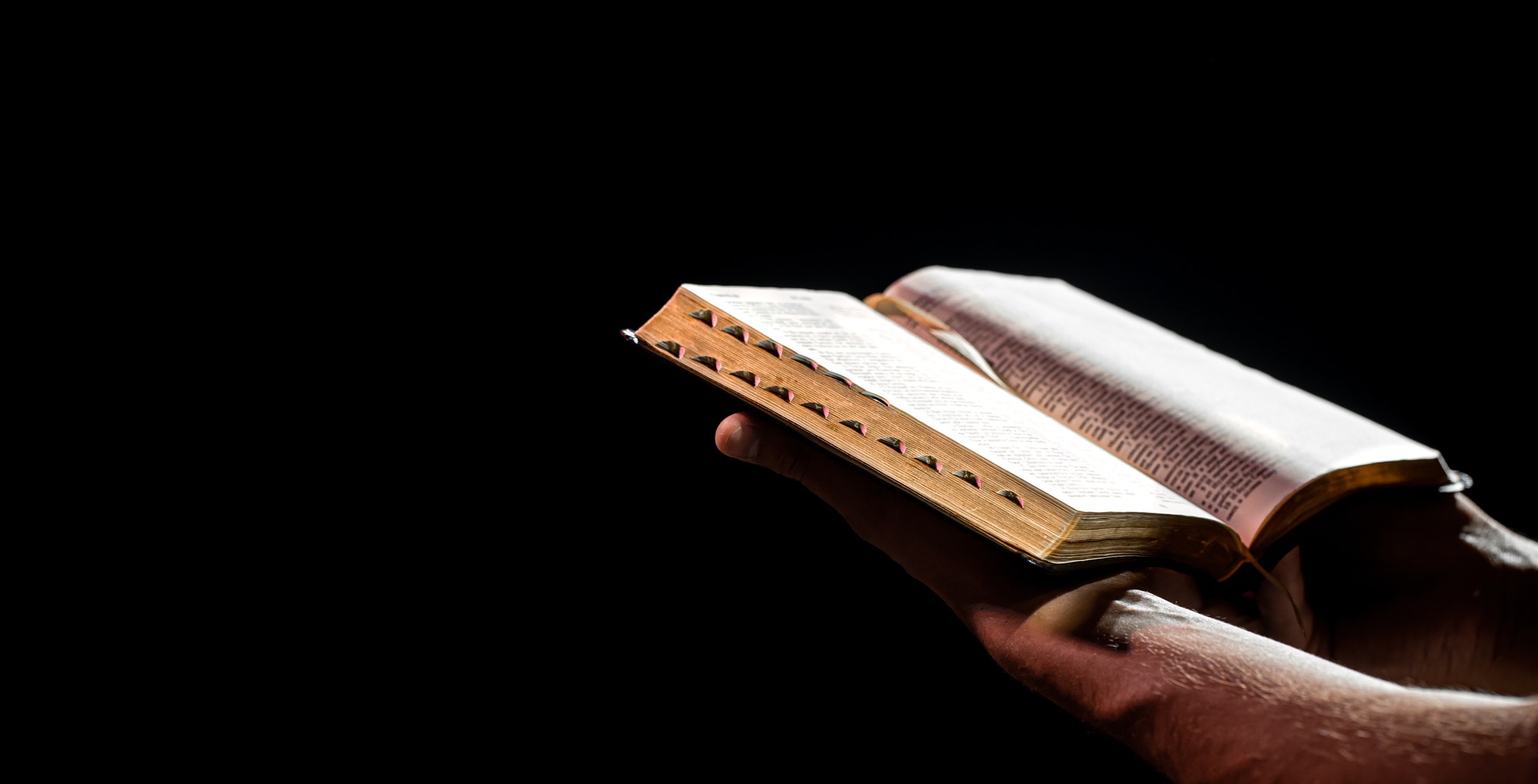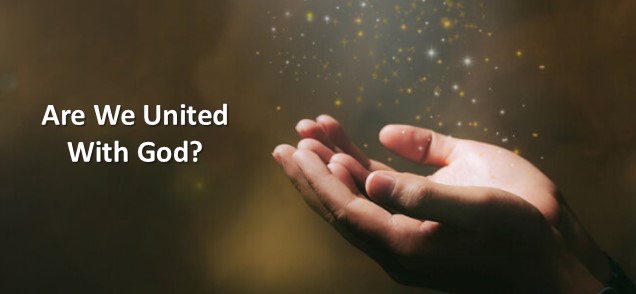Psalm 51:7-10
“Purify me with hyssop, and I shall be clean; Wash me, and I shall be whiter than snow. Make me to hear joy and gladness, Let the bones which You have broken rejoice. Hide Your face from my sins And blot out all my iniquities. Create in me a clean heart, O God, And renew a steadfast spirit within me.”
In Psalm 51:7: “Purge me with hyssop, and I shall be clean; wash me, and I shall be whiter than snow.” David refers to the spiritual washing required for his cleansing. He makes a deliberate request of God to wash Him, knowing that only the cleansing power of Almighty God can make a person clean and pure. Though David’s sins had covered him in filth and stained him to the very “root “of his being, the washing power of God makes a man whiter than snow.
In our understanding of the symbolism of colors, “snow-white” is considered the ultimate in white, the whitest of white, as pure and unsullied a white as possible. David’s expectation was that God’s cleansing power would exceed even that ultimate white – “I shall be whiter than snow.” We can relate this to absolute spiritual, moral perfection, which is the very state in which Almighty God exists. The wording expresses that the scrubbing God could give him would permit him to exist in that absolute, ultimate state of perfection.
The short, cut stems of the Hyssop plant can be gathered into bunches, and in the Old Testament, these bunches were used for ritual purposes. The most spiritually significant of these uses is recorded in Exodus 12:22. Moses had given the instructions for the killing of the Passover lamb, and he continued with further instructions that must have been important for those participating Israelites:
And you shall take a bunch of hyssop, dip it in the blood [of the Passover lamb] that is in the basin, and strike the lintel and the two doorposts with the blood that is in the basin. And none of you shall go out of the door of his house until morning.
The bunch of hyssop was dipped into the blood, and per God’s instructions, that blood was sprinkled or brushed on the doorposts and lintel of each home. The Israelites were then told to stay within those homes, separated from the Egyptian people and their normal routines. That night, there was to be no interaction or communication with any aspect of the Egyptian civilization. Their physical lives depended on their following God’s command to the letter.
The sacrificial blood, sprinkled or smeared by the bunch of hyssop, graphically represented a separation and a protection of Israel against the deadly havoc that God executed upon Egypt that night. The blood ceremonially cleansed and protected the people inside those homes against the plague of death that struck a people who practiced abominations of godlessness.
Later, in the books of Leviticus and Numbers, hyssop was used as part of sacrificial ceremonies. Hyssop was always tied into bunches for use in sprinkling the blood of the sacrificed animal. In some sacrifices, the priest sprinkled the blood onto the person making the sacrifice.




